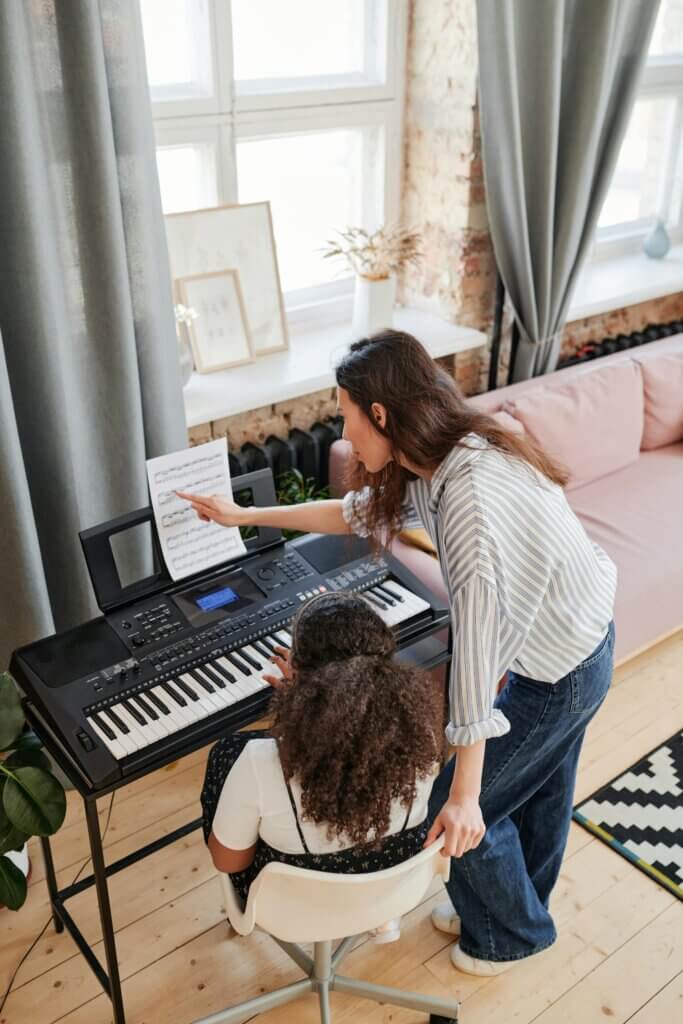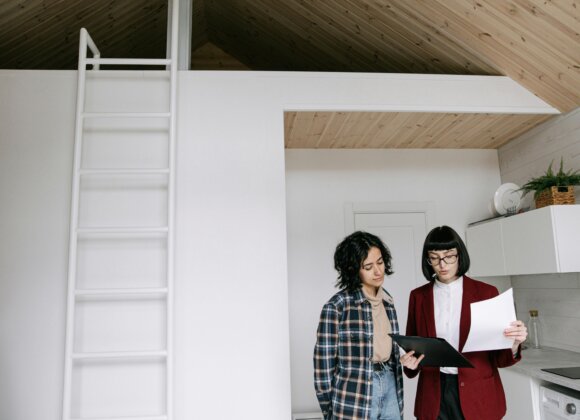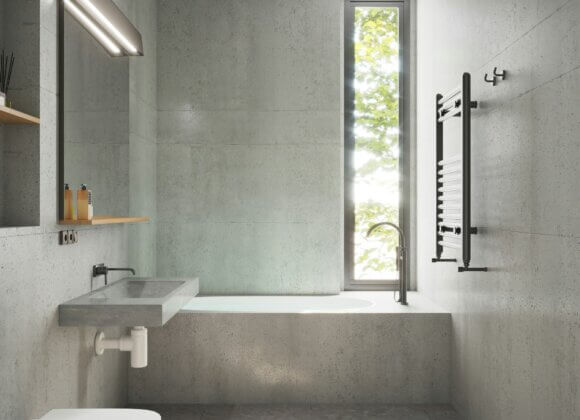For many people, working from home has turned their home into an office. But is living and working under one roof actually permitted? Real estate law expert Valentina Philadelphy-Steiner knows what needs to be considered when it comes to commercial use.
For many years, the boundaries between home and work were strictly separated for most people. However, the pandemic and the resulting boom in working from home have blurred the boundaries. Regularly working from home has become a cherished habit for many.
However, the fact that some tenancy agreements contain a clause stating that the apartment is only rented out for residential purposes is causing uncertainty. “Home office and tenancy law are not contradictory,” says real estate lawyer Valentina Philadelphy-Steiner. This is also confirmed by a decision of the Supreme Court (OGH): office activities such as correcting school work, preparing expert opinions and so on, which are carried out temporarily and without external impact, may therefore be carried out in the apartment.
Commercial use of the apartment
If, on the other hand, you want to use the apartment commercially, i.e. carry out the activity independently and regularly and thus make a profit, you should definitely take a look at the rental or condominium agreement to make sure that commercial use is permitted. Or you can ask the landlord or property management company. “If nothing is defined in the contract, in case of doubt, certain activities that do not require customer or party traffic or employees are permitted,” says Philadelphy-Steiner.
A key factor for the commercial use of apartments is the zoning. If the house or location is dedicated exclusively for residential purposes, the apartment cannot be used for commercial purposes. If it is used unlawfully for commercial purposes, in the worst case tenants are threatened with termination and owners with an injunction from the other owners.
When customers come
If commercial use is permitted, the other tenants or owners must tolerate customer and party traffic. However, according to Philadelphy-Steiner, anyone who works as a music or singing teacher at home should still remember to observe the night and quiet times.

Commercial and labor law
However, once the questions of dedication and residential rights have been clarified, you should also find out about other areas of law. “There may be certain requirements for the business that is to be carried out in the apartment,” says Philadelphy-Steiner. But building law, for example, which stipulates different room heights and widths for offices than for apartments, as well as labor law and employee protection regulations, could also make it difficult to implement the plan of working and living under one roof. The latter applies if employees are employed. “In this case, specifications such as space clearances, daylight exposure or sight lines must be observed,” says the real estate law specialist.
Related posts:
Open-ended tenancy agreement: What you always wanted to know













